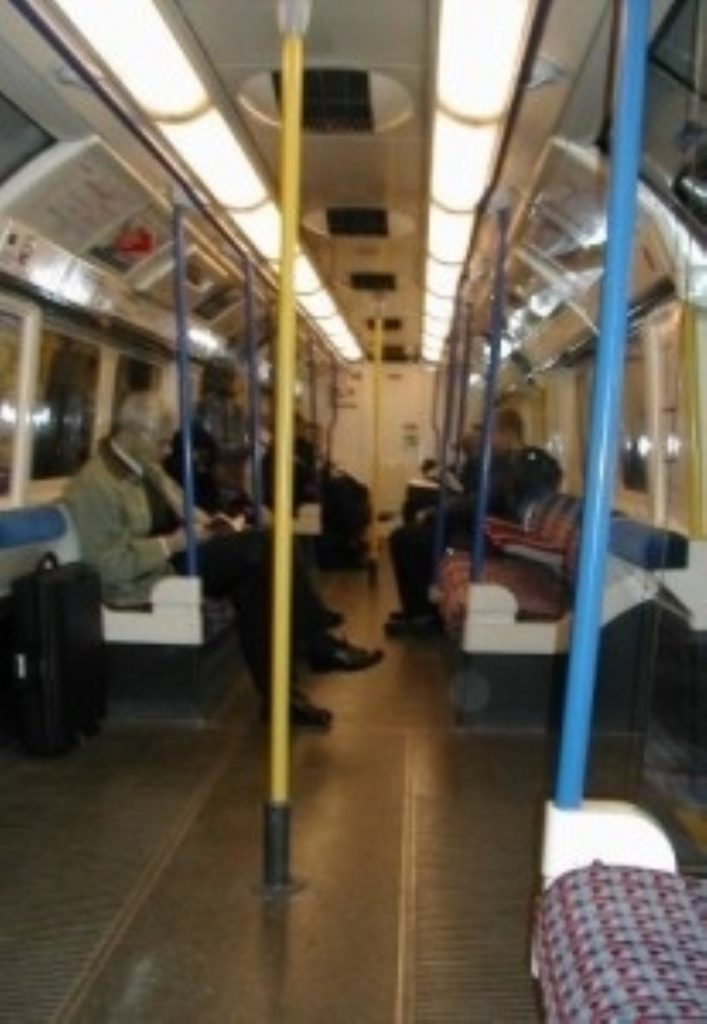Ministers moot public transport alcohol ban
The government is considering a complete ban on drinking alcohol on public transport as part of a crackdown on binge-drinking.
However, opposition parties have criticised the government for creating a nanny state.
The ban is being proposed to stop passengers being terrorised by drunken yobs on trains and buses. But it would also stop travellers having a drink with meals on longer journeys.
Defence secretary John Reid admitted “it is a proposal for discussion”, but the Home Office said no decision had been made.


The proposals were first aired at a meeting between Tony Blair and Louise Casey, the so-called “respect tzar” at Chequers in August.
Ms Casey reportedly wants a ban of drinking alcohol on trains, buses and domestic flights, according to reports in today’s Sunday newspapers.
British Transport police chiefs are said to “strongly” support the alcohol ban on public transport, but the idea has gained little support in Westminster.
The Conservatives said the proposed ban was Labour “going completely over the top”, while the Liberal Democrats described the plans as “contradictory and confused”.
Defence secretary John Reid said: “It is right that people should be able to have a civilised drink at whatever time they want, but it is right also that people should be responsible about not being abusive on buses and other places.”
But shadow culture secretary Theresa May was dismissive of the proposed plans, saying: “If Labour really wants to do something about alcohol-fuelled violence, the government should drop their controversial plans to allow 24-hour drinking.”
Liberal Democrats home affairs spokesman Mark Oaten said the government seemed “obsessed with banning things”.
A Home Office spokesman said: “As part of the respect agenda we are considering a whole range of proposals. Nothing has been ruled in or out at this stage.”
The government is expected to publish a white paper in December outlining its proposals.












